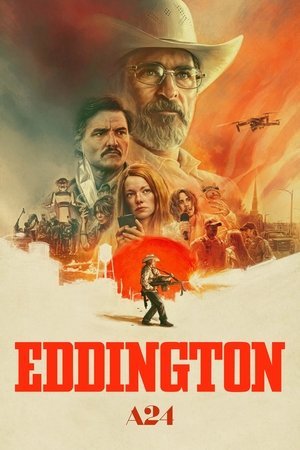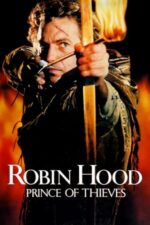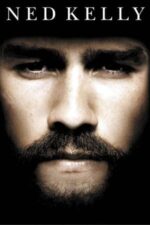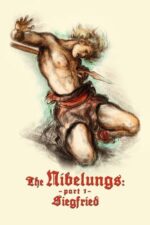"Folk Heroes: Unraveling the Myth and Reality in Cinema"
When we think of folk heroes, images of legendary figures often come to mind – Robin Hood stealing from the rich to give to the poor, Ned Kelly donning a suit of armor to resist oppression, or even Pippi Longstocking defying societal norms with her boundless spirit. These characters are more than mere fictional beings; they embody the dreams and desires of their societies, reflecting the hopes and fears of people caught between tradition and change.
In cinema, folk heroes have long held a captivating allure, serving as vessels through which we explore fundamental questions about justice, rebellion, and the human condition. Whether set in medieval Europe (as in 'Die Nibelungen: Siegfried' or 'Robin Hood: Prince of Thieves'), the Australian outback ('Ned Kelly'), or amidst the backdrop of the Great Depression ('Cinderella Man'), these narratives tap into universal themes that transcend time and place.
Consider, for instance, 'The Proud and Sad Life of Mathias Kneißl', a film set in early 20th century Bavaria. This story follows a man wrongly convicted of a crime, only to be released into a society unwilling or unable to offer him a second chance. Mathias' journey is a sobering reminder of how societal structures can often trap individuals within the confines of their pasts, even as they strive for redemption and a better future.
In contrast, Pippi Longstocking (from 'Pippi on the Run') represents an almost defiant rejection of societal norms. She is impulsive, eccentric, and unapologetically herself - attributes that often land her in unexpected situations but ultimately lead to adventure and personal growth. Through Pippi, we are invited to question what it truly means to be 'free', both within the context of an individual's life and more broadly as a society.
But perhaps no folk hero embodies this tension between myth and reality quite like Robin Hood. Across countless iterations, from Errol Flynn to Kevin Costner, the character has become synonymous with the very concept of the 'folk hero'. Yet each adaptation also serves to remind us that beneath the romanticized exterior lies a complex figure grappling with questions of justice, loyalty, and personal identity.
Ultimately, what makes folk heroes so compelling in cinema is their ability to distill abstract ideas into relatable characters, allowing us to grapple with profound questions about what it means to be human. Through these tales of heroism, defiance, and survival against all odds, we find both inspiration and reflection - a reminder that even amidst adversity, the indomitable spirit of the human will persists.
As we watch these stories unfold on screen, we are transported into worlds where heroes stand tall against oppression, injustice, and societal expectations. And though their battles may be fought with swords or fists, their struggles echo through time, resonating in our hearts and minds as enduring testaments to the enduring power of the human spirit.
In the end, it's not just about 'escaping reality'; rather, these films allow us to better understand ourselves by exploring the myths and realities of those who came before us. By delving into the lives of these folk heroes, we gain new insights into our own lives, rediscovering age-old truths and forging connections that bridge the gap between then and now.


























